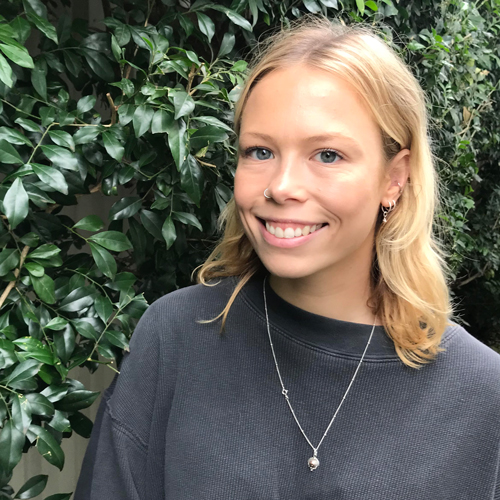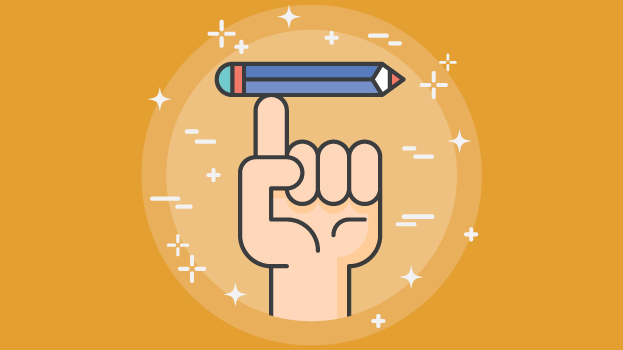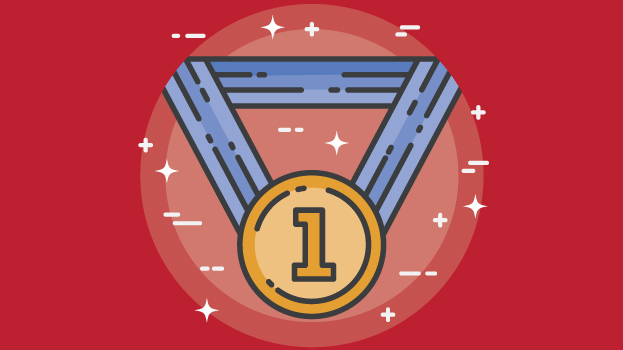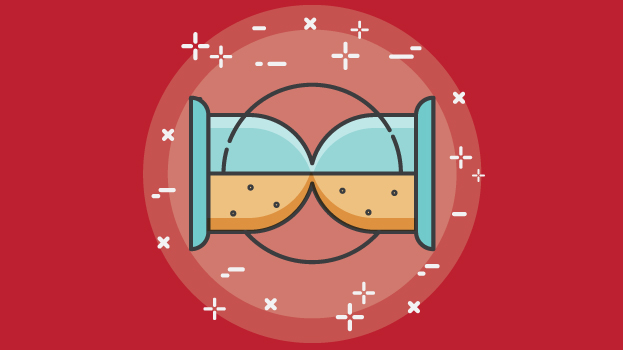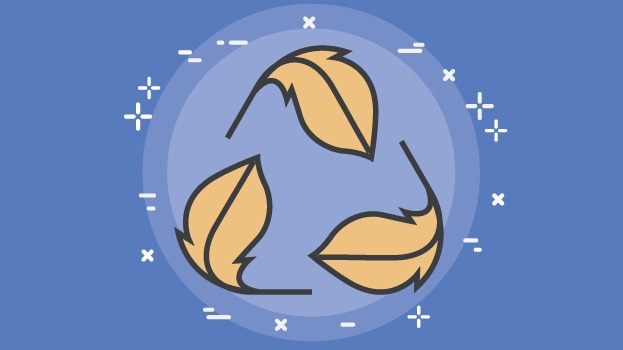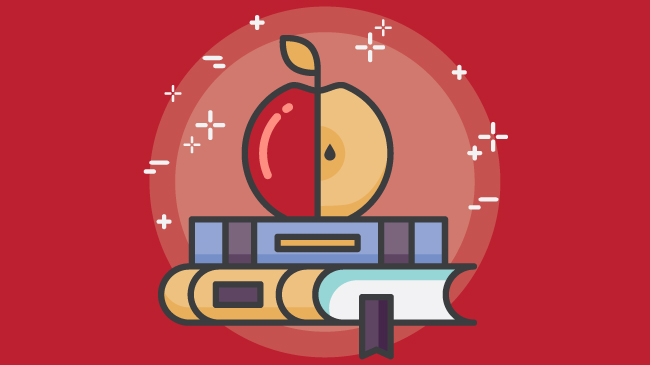We all know the feeling of stepping on a sharp Lego piece! We think of Lego as something for children, but can this creative process offer more than simple play?
On April 19th, we were thrilled to host a workshop on this matter: “How Lego Modelling Can Improve Your Team’s Performance“. Here, attendees were coached by former Polyglotter, Philippe Rouffiac. Philippe is a professional team building coach and the Co-Founder of Intervention Thinking. With his enthusiastic personality, Philippe used the toy to illustrate the latest trends in Human Recourses.
The event brought together HR and Marketing professionals and provided the opportunity to network, learn, and exchange ideas. Hosted on the 29th floor of Torre Europa in Madrid, this event encouraged attendees to have an open mind and let the ideas flow!
The purpose of this event was to help the audience develop their soft skills through a fun and interactive workshop. Before we explore how lego can enhance this, let’s find out more about soft skills.
What are soft skills?
Soft skills are personal attributes, inherent social cues and communication abilities that help you succeed in your personal and professional life. No matter how proficient you are in your job, these kinds of skills will undoubtedly be crucial to your success.
Afterall, soft skills characterise how you interact with others, as well as how you problem solve and respond to challenges.
How Can Lego Enhance Soft Skills?
Well, Lego gives the opportunity to draw on your creativity to create something tangible. When Philippe asked the attendees to build a bridge, every team member intrinsically assumed a different role. Generally, teams consist of a leader, a creative mind, an explorer, and a listener, which was certainly the case for this workshop. Little by little, the team established a way to work together. The goal? To build a figurine in two minutes, and use it to tell a story about what the bridge represents.
“Finding good players is easy. Getting them to play as a team is another story”
– Casey Stengel
Once the group had settled into their roles and explored each other’s strengths, the task was to build the construct the “perfect” candidate and outline his or her skills. While some groups got very creative, others stuck to real-life skills.
All in all, this Lego Modelling event provided a platform to learn more about individual strengths, and also weaknesses. Overall, the event showcased that one person’s weakness gives another member the opportunity to step in and help out. As they worked through the challenges, each team learned to draw on their strengths to counterbalance other’s weaknesses.
Why Are Soft skills So Important?
According to an article from The Hamilton Project, over the past 30 years, the job market has shifted and soft skills are in more demand than ever. Furthermore, this demand is expected to continue to rise. Emotional intelligence and cognitive flexibility are just some aspects what will become more important in our daily work life. The most in-demand candidates are no longer a specialist in one field, but rather, an all-around talent that can learn and adapt quickly.
It’s clear that our future lies in having many soft skills. It was wonderful to help others develop these important skills and better their professional development through a fun workshop!












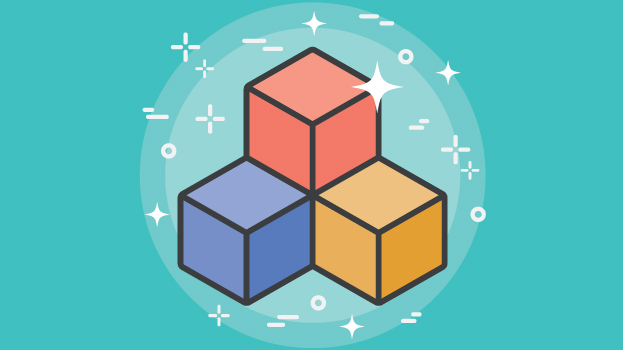
 April 26, 2018
April 26, 2018 

